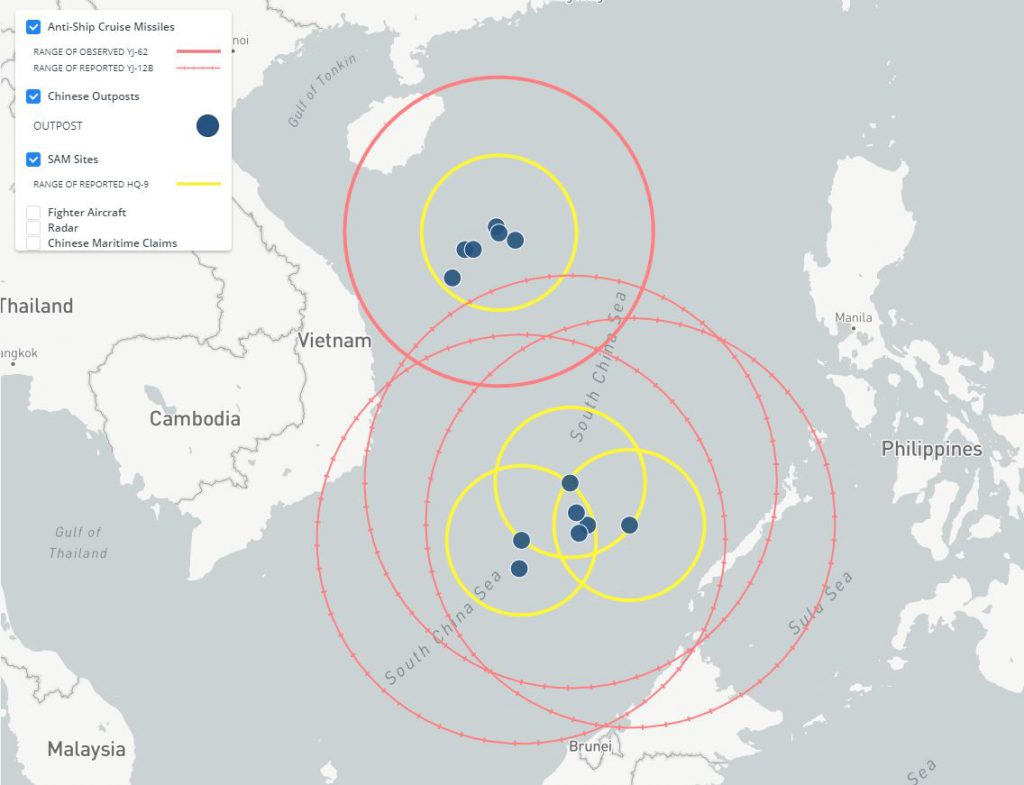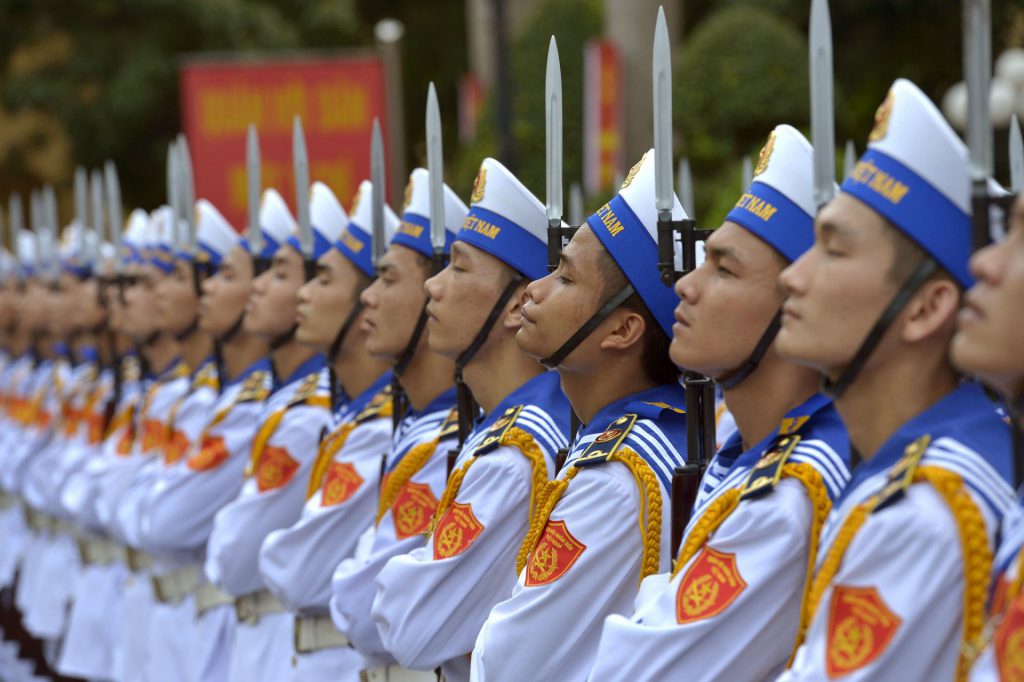The IMO, based in London, is following the guidance from the World Health Organization (WHO) and the UK Government when it comes to planning and hosting the future meetings. At the time of writing, there is no schedule for future meetings.
Despite the postponements, IMO has, so far, retained the original deadlines for submitting papers. Normally, there are a lot of papers submitted to each meeting by the participants (member-states, NGOs etc), for example there were 102 submissions for MEPC 75.
Below you can find the most important of the postponed meetings – from the point of view of BIMCO members.
Key environmental topics postponed
The 75th session of the Marine Environment Protection Committee (MEPC75) was originally scheduled to take place at the end of March 2020. The MEPC deals with pertinent topics related to marine environment. The committee adopts new regulations and amends existing regulations.
Some important proposed amendments are up for adoption at this session:
- MARPOL Annex VI concerning procedures for sampling and verification of the sulphur content of fuel oil and the Energy Efficiency Design Index (EEDI).
- The BWM convention regarding commissioning testing of BWMS.
The other important topics, which will be discussed at this meeting, include the architecture of short-term GHG reduction measures, further development of a possible future phase 4 of the EEDI-regime, discussions about the industry proposal for a Research and Development programme for reduction of GHG emissions and how to reduce marine plastic litter from ships.
BIMCO does not expect the postponement to have any critical impact, although the new EEDI regulations and the procedures from sampling and verification of fuel sulphur content are important for shipowners.
Deadly serious business
The 102nd session of the Marine Safety Committee (MSC 102) was originally scheduled to take place in May. The MSC is a committee where topics related to safety and security of ships and seafarers are regulated.
Some important proposed amendments are up for adoption at this session:
- International Maritime Dangerous Goods (IMDG) Code
- Chapter II-1 of the International Convention for the Safety of Life at Sea (SOLAS), 1974, as amended,
- The International Code of Safety for Ships using Gases or other Low-flashpoint Fuels (IGF Code),
- The International Code for the Construction and Equipment of Ships Carrying Liquefied Gases in Bulk (IGC Code).
Owing to the number of fire incidents on containerships, member states asked the IMO to include the item on the MSC agenda to allow a discussion on this issue with a view of strengthening fire safety regulations of large container ships.
Also, on the table is the topic of piracy and armed robbery and security of ships in West-Africa including the Gulf of Guinea, which BIMCO and other industry associations have highlighted in a submission to the committee.
MSC 102 will continue the work on how to enhance the safety of ships relating to the use of fuel oil. The intention is to enhance the mandatory SOLAS-requirements and develop guidelines for ships on how to address situations where indicative test results suggest that the oil fuel supplied may not comply with SOLAS. In this context, BIMCO continues to advocate for a mandatory bunker licensing scheme as the only way to address fuel oil quality and safety issues.
GHG is a priority
Intersessional Working Group on Reduction of GHG Emissions from Ships, originally scheduled from 23 to 27 March 2020 has been postponed but is prioritised due to the importance of advancing the development of short-term GHG measures.
The work on GHG emissions has a deadline for short term reduction measures in 2023. If the intersessional working group and MECP 75 are held in 2020, this part of IMO’s environmental work can be finalized within this deadline.
One year away from mandatory electronic exchange
Facilitation committee 44 (FAL 44), and the IMO Expert Group on Data Harmonization, which were originally scheduled to be held in April, are going to discuss the digitalisation aspect of data exchange and how to increase the efficiency of ship-shore communications.
From April 2019, with a two year’s implementation time, new mandatory requirements on electronic exchange of information from ships to the relevant onshore parties when approaching a port, will require public authorities to have systems in place to assist ship clearance processes. These matters were high on the agenda at the postponed meetings.
BIMCO has been pushing hard for a common and uniform implementation of the data models used in the interface for ship-shore communication.
If the postponement of the FAL drags for a long time, BIMCO is concerned that the foundation electronic exchange of information will be damaged to an extent where we may have to start from scratch.
Future IMO meetings
IMO committees and sub-committees work between the sessions by correspondence. For example, a lot of the groundwork in the development of regulations and guidelines takes place between the actual physical meetings through correspondence between the interested members. When arguments for or against certain items are known well in advance of a meeting through correspondence, it is normally easier for members states to reach consensus and therefore intersessional initiatives help speed up the process.
A revised meeting programme has not yet been issued by the IMO and it is impossible to predict when physical meetings will be allowed to take place again. The IMO is considering every possible option to handle the logistical challenge of accommodating all the postponed meetings.
A priority list has been drawn up and will be considered by the thirty-second extraordinary session of the IMO Council, which is meeting by correspondence from May-July 2020. We expect that priority will be given to a regular session of the IMO Council, followed by meetings of the MEPC preceded by the Intersessional Working Group on Reduction of GHG Emissions from Ships and followed by MSC and FAL.
By prioritising the work of the two committees MSC and MEPC, the IMO tries to ensure that items that are up for adoption can take effect without interrupting already made plans and schedules and contribute to the safety at sea and protection of the environment.
Big sub-committee meeting postponement
Sub-committees that have had their meetings postponed are likely to have their work postponed by up to a year. As papers have already been submitted, IMO will have to follow normal procedure that allows a discussion on submissions. There is a limit as to how many papers can be debated during a week-long meeting, so there will probably not be room for any new submissions. Under such circumstances, the 2020 Sub-committee meetings, which were postponed, will have to take place in 2021.
The BIMCO secretariat is prepared and will be ready when IMO finds new dates for the postponed meetings.
Source:
https://www.bimco.org/news/environment-protection/20200511-imo-in-the-shadow-of-covid19







